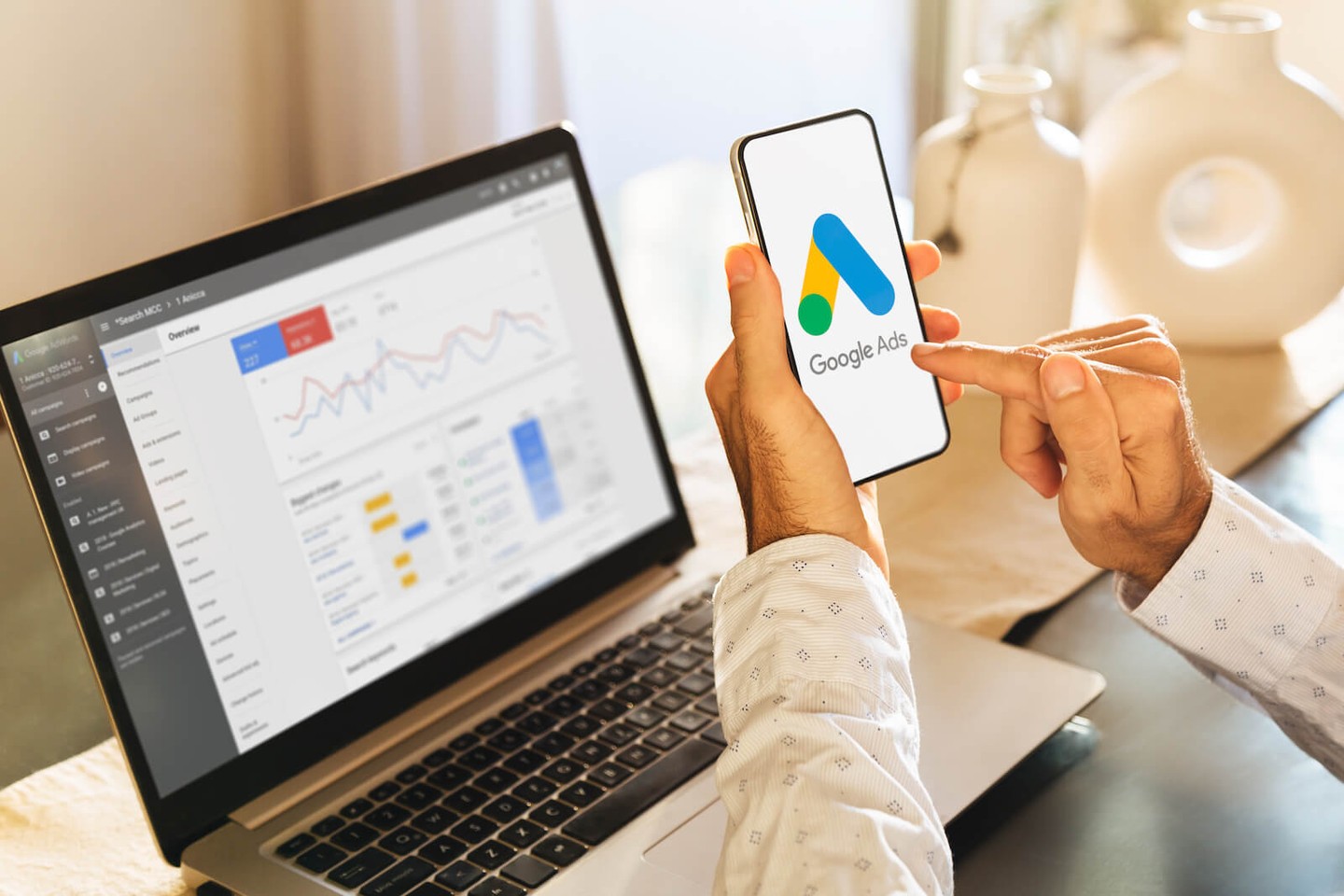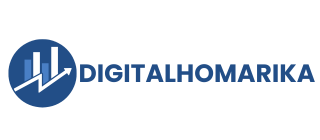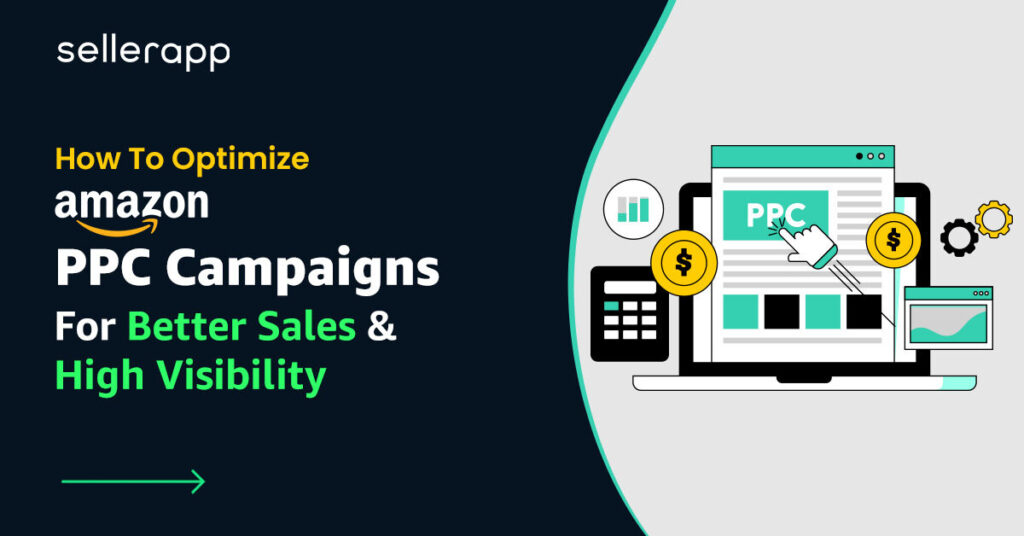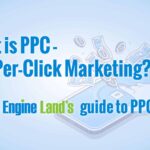To optimize PPC campaigns, focus on keyword research and ad targeting. Regularly analyze performance metrics and adjust bids accordingly.
Pay-per-click (PPC) advertising offers businesses a direct path to increased visibility and sales. However, the competition can be fierce, making effective optimization essential. With the right strategies, you can enhance your campaign performance and maximize your return on investment. Understanding your target audience is crucial, as it allows you to tailor ads that resonate.
Regular analysis of keywords, ad placements, and conversion rates will help identify areas for improvement. By fine-tuning these elements, you not only increase click-through rates but also ensure that your budget is well spent. Implement these tactics to see significant improvements in your PPC campaigns.
Introduction To Ppc Optimization
Optimizing PPC campaigns is crucial for success. Return on Investment (ROI) plays a key role in this process. A higher ROI means more profit from your ads. Focus on getting the most value from every dollar spent.
The main parts of a PPC campaign include:
| Component | Description |
|---|---|
| Keywords | Choose relevant terms that match user searches. |
| Ad Copy | Create clear and engaging messages to attract clicks. |
| Bidding Strategy | Select the right approach to maximize ad placements. |
| Landing Page | Ensure the page matches the ad and meets user needs. |
Regularly review and adjust these components for better performance. This helps in achieving higher ROI and boosting overall success.

Credit: pt.semrush.com
Setting Clear Campaign Objectives
Setting clear campaign objectives is vital for PPC success. Start by identifying business goals. These goals guide your PPC strategy effectively.
Think about what your business wants to achieve. Goals can include increasing sales, generating leads, or boosting brand awareness.
Aligning PPC efforts with your objectives ensures better results. Use specific metrics to measure success. Examples include click-through rates and conversion rates.
Regularly review and adjust your campaigns. This helps keep your goals in focus and maximizes performance.
Keyword Research And Selection
Using keyword tools is essential for successful PPC campaigns. Tools like Google Ads Keyword Planner and SEMrush help find the right keywords. They provide search volume, competition, and cost-per-click data.
Balancing broad and long-tail keywords is crucial. Broad keywords reach a larger audience but may have high competition. Long-tail keywords are specific and often lead to higher conversion rates.
Focus on relevance and intent when choosing keywords. This strategy improves ad performance and reduces costs. Regularly update your keywords to stay relevant in changing markets.

Credit: www.sellerapp.com
Ad Copy Crafting
Writing compelling ad text is crucial for PPC success. Focus on your target audience and their needs. Use simple language to grab attention quickly. Highlight unique benefits that your product offers. Create a sense of urgency to encourage immediate action.
Incorporating strong call-to-actions is essential. Use phrases like “Shop Now” or “Get Yours Today”. Make sure your call-to-action stands out. Place it at the end of your ad or in the middle for emphasis. Test different variations to find what works best.
Landing Page Optimization
Landing pages play a crucial role in PPC campaigns. Ensure a strong message match between ads and landing pages. This helps users feel confident when they click through. Use clear headlines that reflect ad content. This aligns user expectations with your offer.
For better conversion rates, focus on design elements. A clean layout keeps visitors engaged. Use high-quality images to grab attention. Simple navigation helps users find what they need quickly. Make sure your call-to-action buttons are clear and visible.
Test different designs to see what works best. Regularly check your conversion metrics. Small changes can lead to big results. Use tools to analyze user behavior. This will help you refine your strategy over time.
Bidding Strategy Essentials
Understanding different bidding options is crucial for success. Choose from manual, automated, and enhanced CPC. Each option has unique benefits based on your goals.
Manual bidding allows full control over each keyword. Automated bidding saves time, adjusting bids automatically. Enhanced CPC boosts bids for likely conversions.
Adjusting bids for maximum effectiveness is key. Monitor performance regularly and make changes as needed. Lower bids for underperforming keywords and increase for high performers.
Testing different bidding strategies helps find the best fit. Track results to improve decision-making. This approach leads to better ROI and campaign success.
Leveraging Ad Extensions
Ad extensions make your PPC ads more effective. They provide extra information. This can lead to higher click-through rates.
Here are the main types of ad extensions:
| Type | Description |
|---|---|
| Sitelink Extensions | Direct links to specific pages on your site. |
| Call Extensions | Add a phone number for instant calls. |
| Location Extensions | Show your business address and map. |
| Price Extensions | Display product prices directly in ads. |
Use ad extensions wisely to attract more clicks. They should match your ad’s message. Regularly update them for the best results.
Performance Analysis And Reporting
Monitoring key metrics is crucial for successful PPC campaigns. Focus on click-through rate (CTR), which shows how many people click your ads. Conversion rate indicates how many clicks lead to sales. Track cost per click (CPC) to manage your budget effectively.
Other important metrics include impressions, which show how often your ad appears. Quality Score affects your ad position and costs. Return on ad spend (ROAS) measures the revenue generated from your ads.
| Metric | Importance |
|---|---|
| Click-Through Rate (CTR) | Measures ad effectiveness |
| Conversion Rate | Indicates sales success |
| Cost Per Click (CPC) | Helps manage budget |
| Impressions | Shows ad visibility |
| Quality Score | Affects ad position |
| Return on Ad Spend (ROAS) | Measures revenue from ads |
Using these metrics helps make data-driven decisions. Adjust strategies based on performance insights. Regularly review and optimize campaigns for better results.
Testing And Experimentation
A/B testing helps improve your ads and landing pages. By comparing two versions, you find what works best. Small changes can lead to big results. Test different headlines, images, or calls to action.
Keep track of the results. Use clear metrics like click-through rates and conversion rates. Analyze the data to understand what your audience prefers. This helps refine your approach.
Iterative testing is key for success. Repeat the testing process regularly. Make adjustments based on findings. Each round of testing brings you closer to your goals.
Stay flexible and open to new ideas. Continuous improvement leads to better performance over time. Always aim for higher engagement and conversions.
Advanced Ppc Tactics
Remarketing strategies help bring back visitors who did not convert. Use targeted ads to remind them of your products. Create personalized messages based on their previous visits. This increases the chances of them returning to your site.
Targeting and segmentation techniques improve ad performance. Group your audience based on their behaviors. Use data to segment users by age, location, or interests. This allows you to tailor your ads to specific groups. The more relevant your ads, the better the results.
| Technique | Description |
|---|---|
| Behavioral Targeting | Focus on users who have shown interest in your product. |
| Dynamic Ads | Show personalized ads based on user activity on your site. |
| Lookalike Audiences | Target users similar to your existing customers. |
Staying Updated With Ppc Trends
Staying updated with PPC trends is crucial for success. Platforms often change their rules and features. Regularly check for updates on platforms like Google Ads and Facebook Ads. This helps you adapt quickly.
New PPC features can enhance your campaign’s performance. Explore options like responsive search ads and automated bidding. These tools save time and improve results. Testing new features can lead to better engagement.
Monitor your campaigns frequently. Adjust strategies based on performance data. This ensures you are always using the best practices available.

Credit: disruptiveadvertising.com
Frequently Asked Questions
How Can I Improve My Ppc Click-through Rate?
To improve your PPC click-through rate, focus on creating compelling ad copy. Use targeted keywords that resonate with your audience. Highlight unique selling points and include strong calls to action. Regularly A/B test your ads to determine which elements perform best and adjust accordingly.
What Are The Best Ppc Bidding Strategies?
The best PPC bidding strategies include manual bidding, automated bidding, and target CPA. Manual bidding allows for greater control over costs. Automated bidding can optimize for conversions. Target CPA focuses on achieving specific cost-per-acquisition goals. Choose a strategy that aligns with your campaign objectives.
How Do I Choose Keywords For Ppc Campaigns?
Choosing keywords for PPC campaigns requires thorough research. Use keyword tools to identify relevant terms with high search volume. Consider long-tail keywords for better targeting. Analyze competitor keywords to find gaps in your strategy. Always prioritize keywords that match user intent for optimal results.
How Often Should I Review My Ppc Campaigns?
You should review your PPC campaigns at least once a week. Frequent reviews help identify underperforming ads and keywords. Regularly analyzing campaign data enables timely adjustments. This ensures you stay on track with your budget and goals. Continuous optimization leads to better overall performance.
Conclusion
Optimizing PPC campaigns is essential for maximizing your advertising budget. Focus on keyword research, ad copy, and audience targeting. Regularly analyze performance metrics to make informed adjustments. With a strategic approach, your campaigns can yield better ROI and drive more qualified traffic to your site.
Start implementing these tips today!



